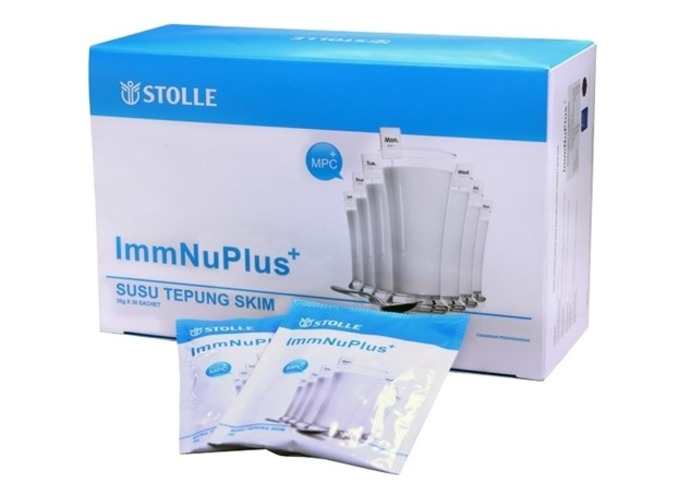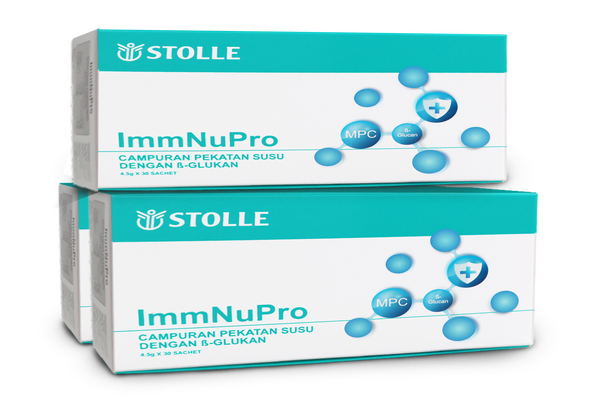

Suboptimal Health and Chronic Inflammation
In our fast-paced lives, it's not uncommon for individuals to experience a state of suboptimal health. This condition is marked by a range of vague symptoms such as fatigue, sleep disturbances, and a weakened immune system. Interestingly, a significant and often underestimated aspect of suboptimal health is its intricate relationship with chronic inflammation.
Suboptimal health is a state characterized by a decline in physical vitality and functional reserve. It falls between the categories of being healthy and having a diagnosable illness. People in this state may not be acutely sick, but they often feel below their optimal well-being levels.
Chronic inflammation, on the other hand, is a prolonged and dysregulated immune response. Unlike acute inflammation, which is the body's natural and beneficial response to injury or infection, chronic inflammation can persist over an extended period. It's increasingly recognized as a key player in the development of various chronic diseases, including cardiovascular diseases, diabetes, and certain cancers.
The question arises: could chronic inflammation also be a driving force behind the manifestations of suboptimal health?
The relationship between suboptimal health and chronic inflammation is often a two-way street. Suboptimal health conditions, such as poor dietary choices, lack of exercise, and chronic stress, can contribute to a pro-inflammatory environment in the body. In turn, chronic inflammation can exacerbate suboptimal health symptoms, creating a vicious cycle that undermines overall well-being.
- Immune System Dysregulation:
Data illustrating immune system dysregulation in cases of suboptimal health further strengthens the connection. Changes in the balance of pro-inflammatory and anti-inflammatory factors suggest a compromised immune response, leaving individuals more susceptible to chronic inflammation.
- Lifestyle Factors:
Unhealthy lifestyle choices, such as a sedentary routine, poor diet, and chronic stress, are common contributors to both suboptimal health and chronic inflammation.
Analysis of inflammatory biomarkers, such as C-reactive protein (CRP) and interleukin-6 (IL-6), has revealed elevated levels in individuals experiencing suboptimal health. These markers serve as tangible indicators of systemic inflammation, hinting at a potential link between the two states.
Breaking the Cycle:
- Nutrition:
Adopting an anti-inflammatory diet rich in fruits, vegetables, and omega-3 fatty acids can help mitigate chronic inflammation.
- Physical Activity:
Regular exercise has been shown to have anti-inflammatory effects, promoting overall health and well-being.
- Stress Management:
Techniques such as mindfulness, meditation, and adequate sleep can play a crucial role in reducing chronic inflammation and improving suboptimal health.
- Add a cup of Stolle ImmNuPlus and ImmNuPro to your daily diet
Rich in milk nutrients, patented immunonutrients and anti-inflammatory factory which directly supports the immune system, reduces chronic inflammation, activates immunity, achieve immune balance, and keeps disease threats at bay.









